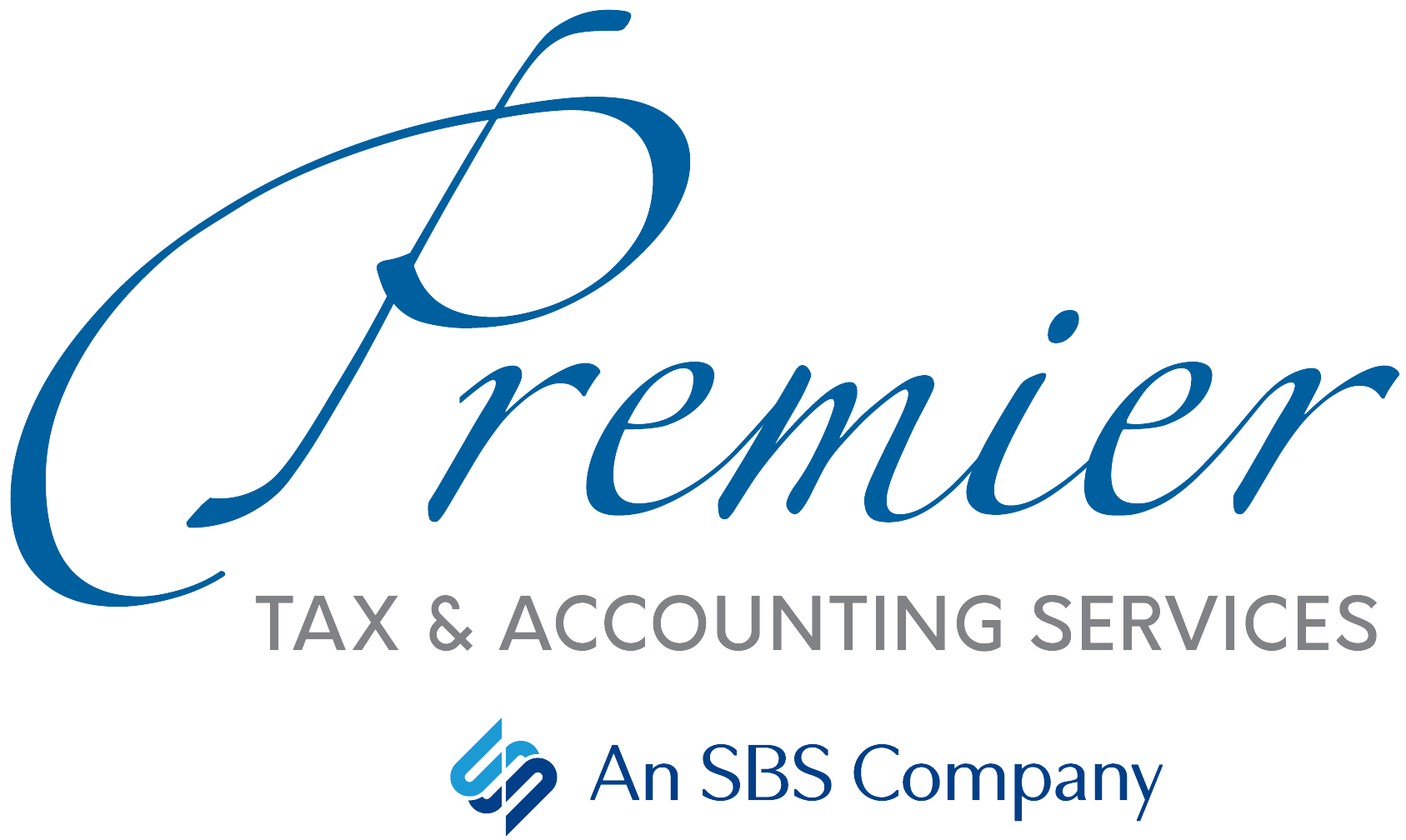If your child is graduating from high school this year, congratulations! You’re obviously very proud. But you may also be more than a little worried about how to pay for higher education. Whether it’s specialized job training or an advanced degree, there are a lot of costs associated with higher education.
Thankfully, there are two education tax credits designed to help offset these costs: the American Opportunity Tax Credit and the Lifetime Learning Credit. These credits can reduce the amount of tax you owe. To be eligible to claim either of these credits, you or your dependent must receive a Form 1098-T from an eligible educational institution.
The American Opportunity Tax Credit Is:
- Worth a maximum benefit of up to $2,500 per eligible student.
- Only available for the first four years at an eligible college or vocational school.
- For students pursuing a degree or other recognized education credential.
- Partially refundable (up to $1,000 back).
The Lifetime Learning Credit Is:
- Worth a maximum benefit of up to $2,000 per tax return, per year, no matter how many students qualify.
- Available for all years of postsecondary education and for courses to acquire or improve job skills.
- Available for an unlimited number of tax years.
Open a 529 Plan, Too
If you still have a few years before your child graduates, consider opening a 529 plan — a tax-advantaged savings plan designed to help you save for future education costs. Any contributions you make to Georgia’s official college savings plan, called Path2College 529 Plan, are eligible for up to an $8,000 state income deduction on your 2022 Georgia income tax return (when filing jointly). What’s more, any earnings on those contributions are federal and Georgia income tax deferred.
When it’s time to use your savings, withdrawals for qualified higher education expenses — such as tuition, books, supplies and many other items — are federal and Georgia income tax-free. And that applies to schools in the United States and abroad for eligible education-related expenses.
If you have any questions about the education tax credits or 529 plan, contact us for details. We’re here to help you make the most of your money.
If You Get Mail from the IRS …
Now that you’ve filed your federal income taxes, you could receive a letter or notice from the IRS for any one of a variety of reasons, including:
- You have a balance due.
- You are due a larger or smaller refund.
- The IRS has a question about your tax return.
- The IRS needs to verify your identity.
- The IRS needs additional information.
- The IRS made a change to your return.
What Should You Do?
If you receive an IRS letter or notice, you should respond accordingly.
- Do NOT ignore it. Most IRS letters and notices are about your federal tax return or tax account. Read the notice to learn the reason for the contact and find out the instructions on what to do (if anything). Most of the time, you simply need to read the letter and take the appropriate action.
- Read it carefully. If the IRS made changes to your tax return, you should compare the information provided in the notice or letter with the information in your original return. In general, there is no need to contact the IRS if you agree with the change.
- Respond in a timely manner. If the notice or letter requires a response by a specific date, be sure to reply quickly to avoid delays in processing your tax return, minimize interest and penalty charges, and preserve your rights to an appeal.
- Pay any amount due. If there is an additional tax due, you should pay as much as you can, even if you can’t pay the full amount. You can pay online or apply for a payment agreement (i.e., installment agreement) or an offer in compromise.
- Keep a copy. It’s important to retain copies of all notices or letters with your other tax records.
- Do not call the IRS unless requested to do so. If you must contact the IRS by phone, use the number in the upper right-hand corner of the notice. You should have a copy of your related tax return and letter when calling. Generally, however, it’s better to write to the IRS to respond to any requests so you have a written history.
Contact Us First
If we prepared your tax return, we are prepared to help you with any notices you receive from the IRS. Please send us a copy of the notice and we’ll draft any letters and supply any necessary information you may need. If you’re unsure, show us the letter and we can help you determine your best course of action.
Also keep in mind that the IRS will never contact you via social media or text message. The first contact from the IRS usually comes in the mail, so be alert to possible scams asking you for money.
Educator Deduction Increases to $300
For the first time in 20 years, teachers will now be able to deduct up to $300 of out-of-pocket classroom expenses beginning with their 2022 tax return. Previously, the limit was $250; it will now rise in $50 increments in future years based on inflation. Married teachers who file jointly with another eligible educator can deduct up to $600.
Eligible educators include anyone who is a K-12 teacher, instructor, counselor, principal or aide in a public or private school for at least 900 hours during the school year. Eligible expenses include:
- Books, supplies and other materials used in the classroom.
- Equipment, including computer equipment, software and services.
- COVID-19 protective supplies.
- Professional development courses (not claimed via the lifetime learning credit).
IRS Video Tax Tip
See if money you pay for day camp or other child care expenses can help you claim the Child and Dependent Care Tax Credit.



